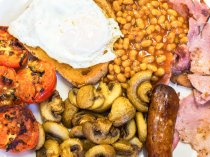 This leads to a philosophical dilemma: is the full English breakfast a dish or a meal? Really, it is an institution, and it incorporates two other important British cultural tropes: tea and the free press. Tea, alongside beer, is an indispensable part of British culture and while it has been over taken by coffee as the nations preferred hot beverage it is still an important part of the breakfast ritual. So too is reading the newspaper at table, something that is not acceptable during any other meal.
This leads to a philosophical dilemma: is the full English breakfast a dish or a meal? Really, it is an institution, and it incorporates two other important British cultural tropes: tea and the free press. Tea, alongside beer, is an indispensable part of British culture and while it has been over taken by coffee as the nations preferred hot beverage it is still an important part of the breakfast ritual. So too is reading the newspaper at table, something that is not acceptable during any other meal.
[A full English breakfast at Pellicci's in London, UK.]
The Origins
Before delving deeper, let’s get a little diplomacy out of the way. While the English can rightfully claim to have created the full breakfast, the notion of the full Irish, Scottish, or Welsh breakfast is just as appropriate, and helps distinguish the regional variations. The origins of the meal in lie in the Victorian age. While the contemporary morning fry-up is perhaps most closely associated with working class diners in greasy spoons, it was initially strictly the purview of the upper classes. The full English breakfast was born at the height of the country's industrialization and empire building. Suddenly, food stuffs from across the world became as immediately available as those from across the British Isles.
The breakfast the landed gentry of the Victorian era ate was far less standardized than the full English of today.
The breakfast the landed gentry of the Victorian era ate was far less standardized than the full English of today. Rather than an expression of uniformity, it was one of splendid diversity, of wealth and the curiosity afforded by a global empire. All manner of items might be served at these breakfasts – including game meat, smoked fish, trifle, and other sweets – and these meals might go on for hour upon hour, emphasizing the diners' membership in the leisure class. Prior to such wanton lavishness, breakfast in Britain was far more spartan, revolving mostly around beef, bread, and ale. But what started as a purely upper class affair soon traveled down the social ladder and became widely adopted. By the mid 20th Century, the full English breakfast was being eaten by a majority of British citizens. The set breakfast of eggs, sausage, bacon, mushroom, beans, and toast was largely a result of marketing efforts by the hotel industry in the post WWII era, attempting to boost business for bed and breakfasts. It largely succeeded, providing a foundation upon which each region could incorporate its own traditions. In the Scotland and the North for example, black pudding is ubiquitous. In Wales we find cockles and laverbread, and in the Republic of Ireland white pudding is prevalent.
Eggs
Fried eggs are far and away the most common preparation on a full English, although scrambled and even poached are also an option.
Source: ny.eater.com

|
Celestial Seasonings Tea K-Cups, Devonshire English Breakfast, 96-Count Grocery (CAJ International)
|

|
Twinings English Breakfast Tea Bags - 50's - Pack of 2 (50's x 2) Grocery (Twinings)
|

|
Twinings(UK) English Breakfast 50 tea bags Grocery (Twinings)
|

|
Mighty Leaf Tea, Organic Breakfast, Whole Leaf Pouches, 1.32 Ounce, 15 Count Grocery (Mighty Leaf Tea)
|

|
Taylors of Harrogate, Yorkshire Tea, 80-Count Tea Bags (Pack of 5) Grocery (Taylors of Harrogate)
|
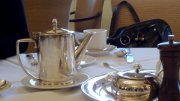
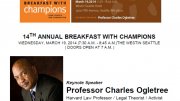

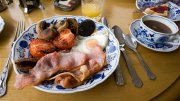


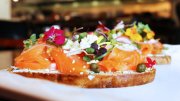
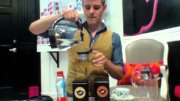

















A Full English Breakfast consists of sausage, bacon, mushrooms, tomatoes, black pudding, eggs, and bread.